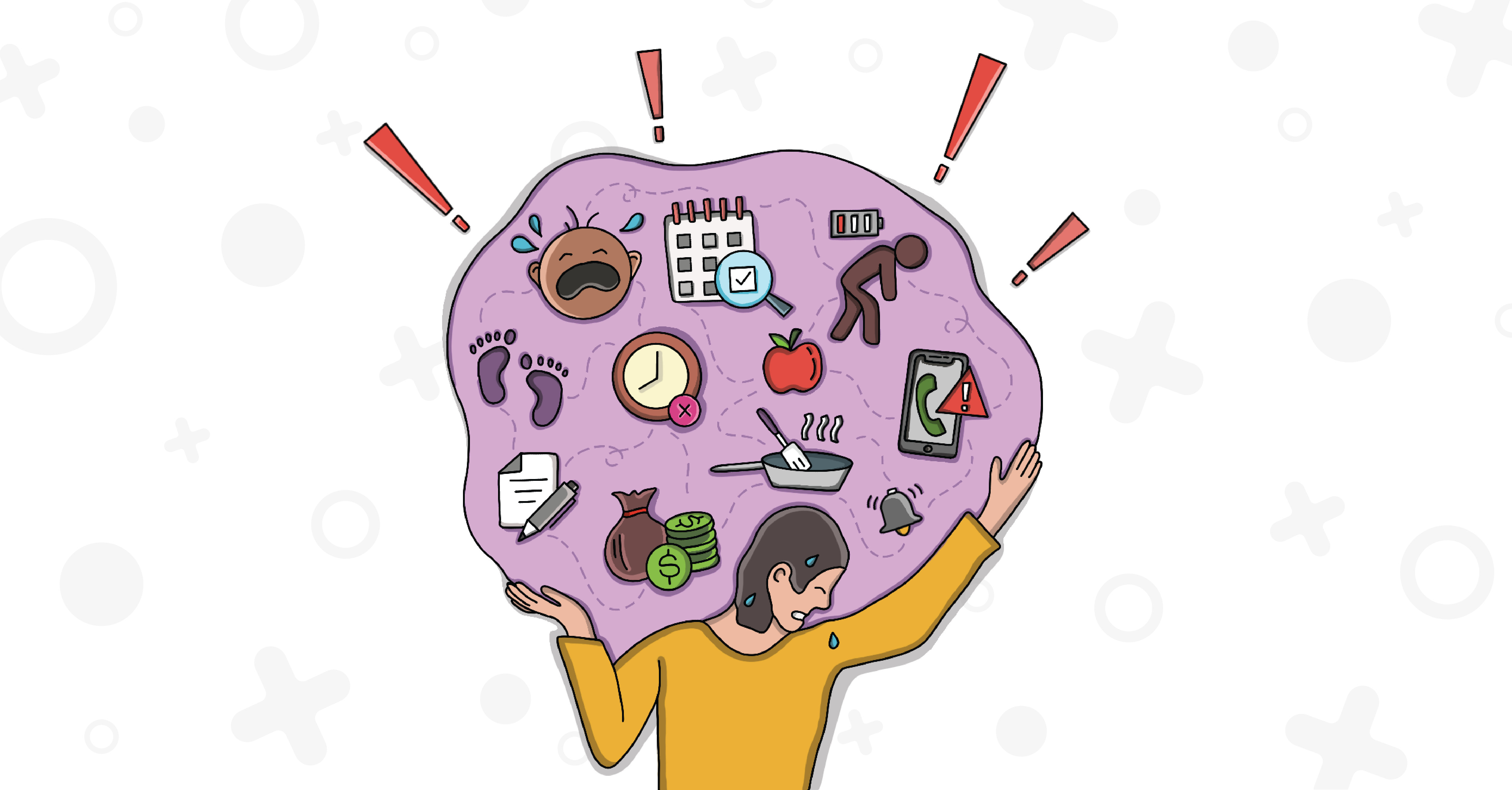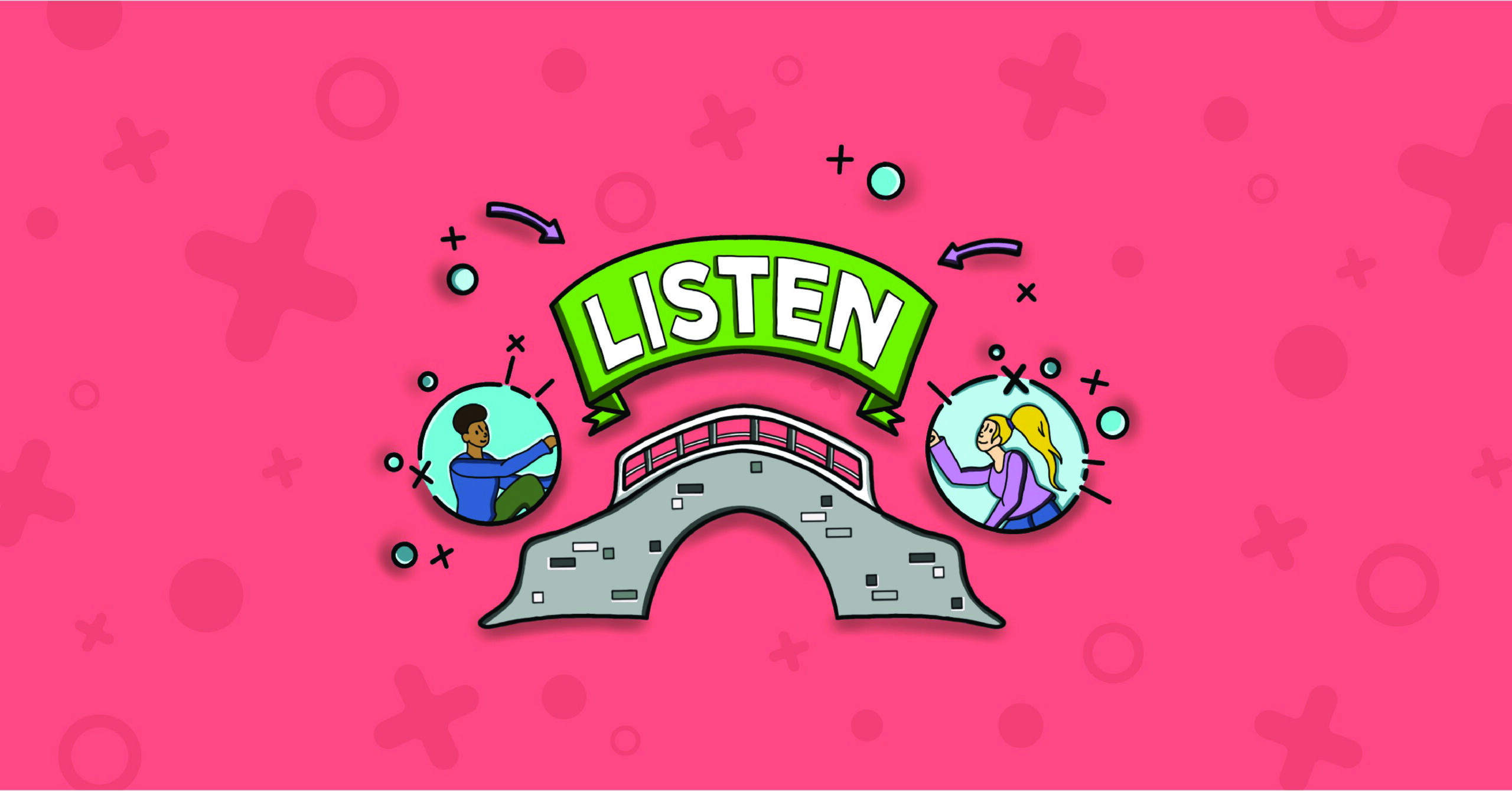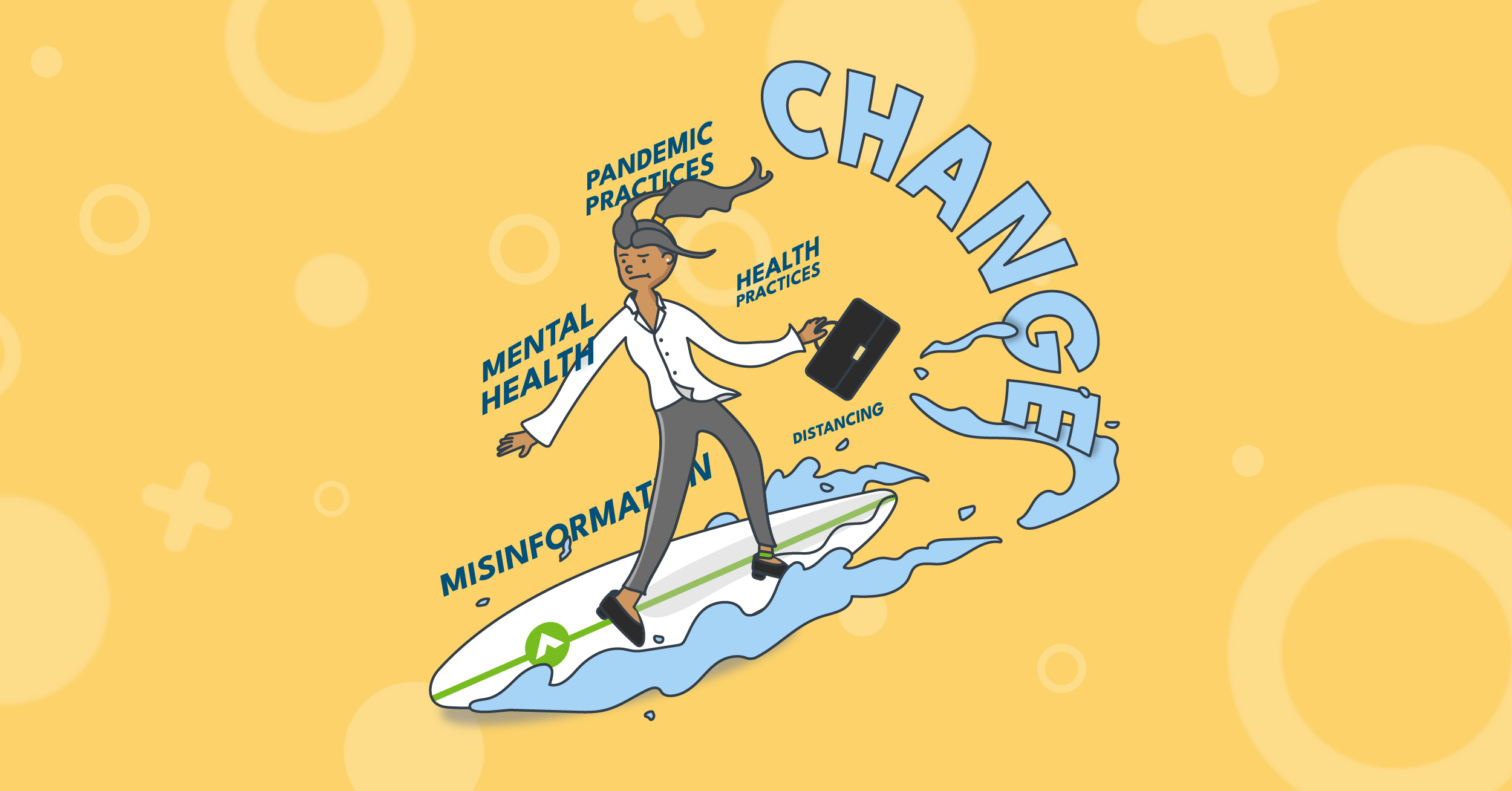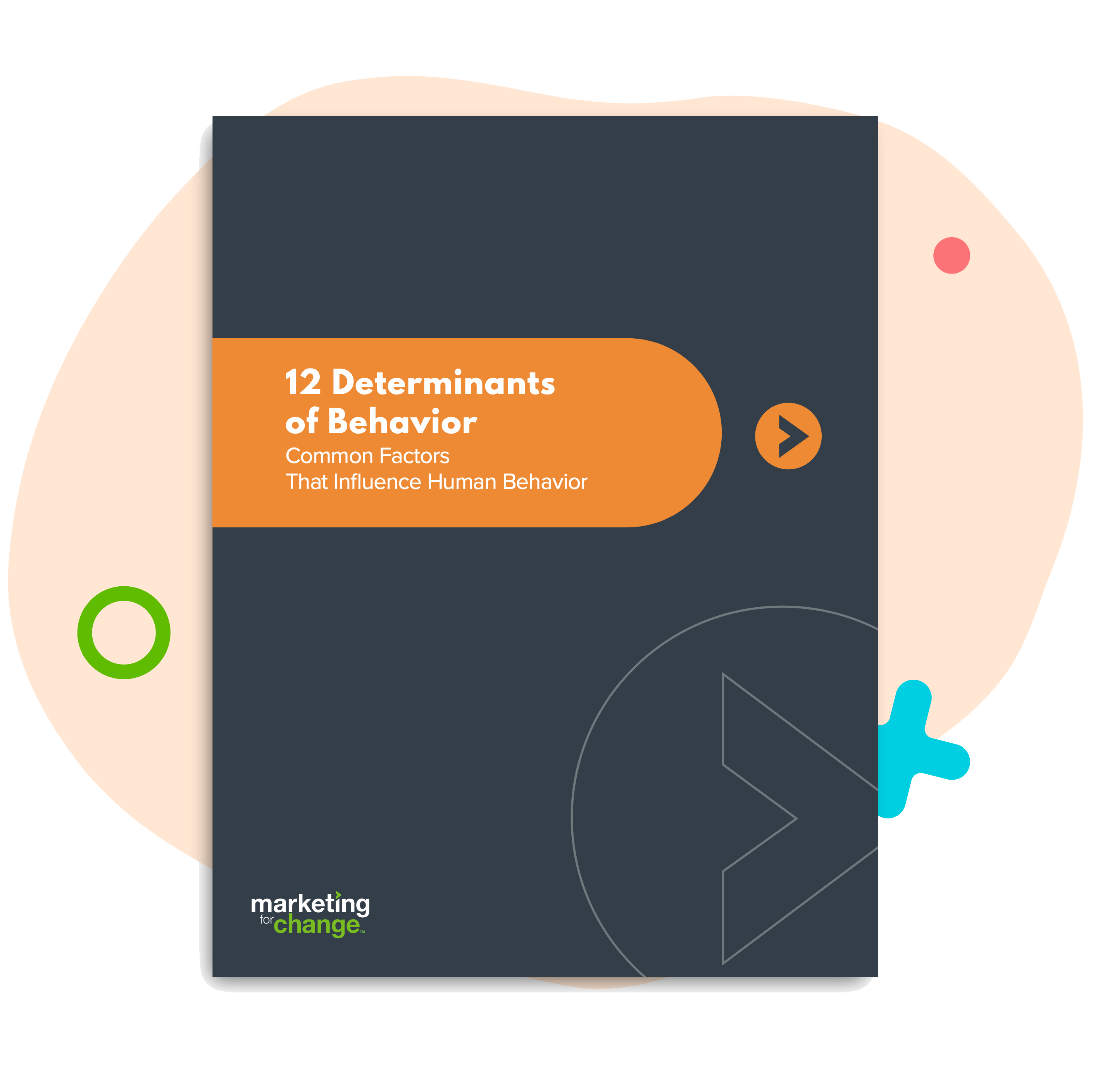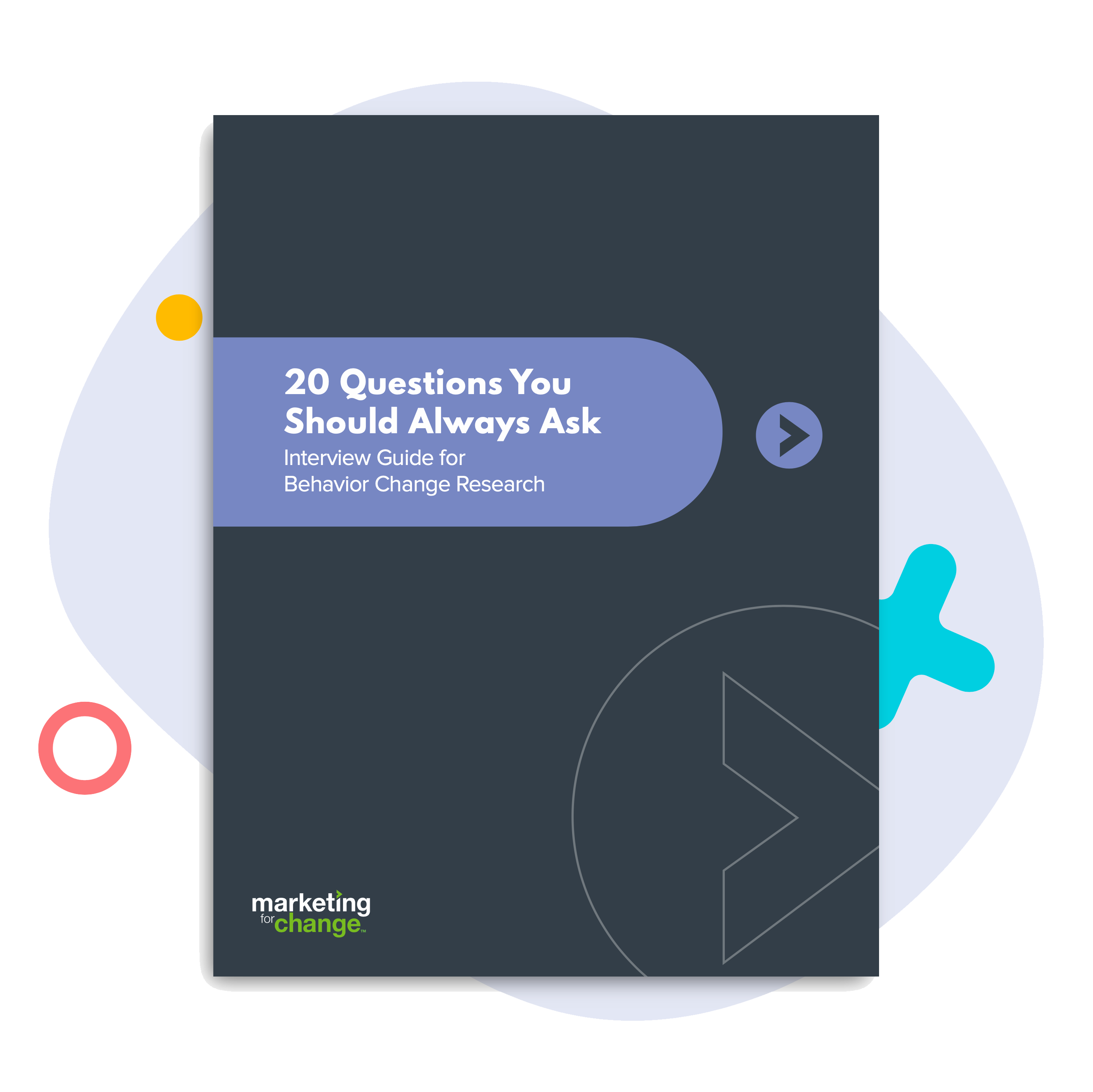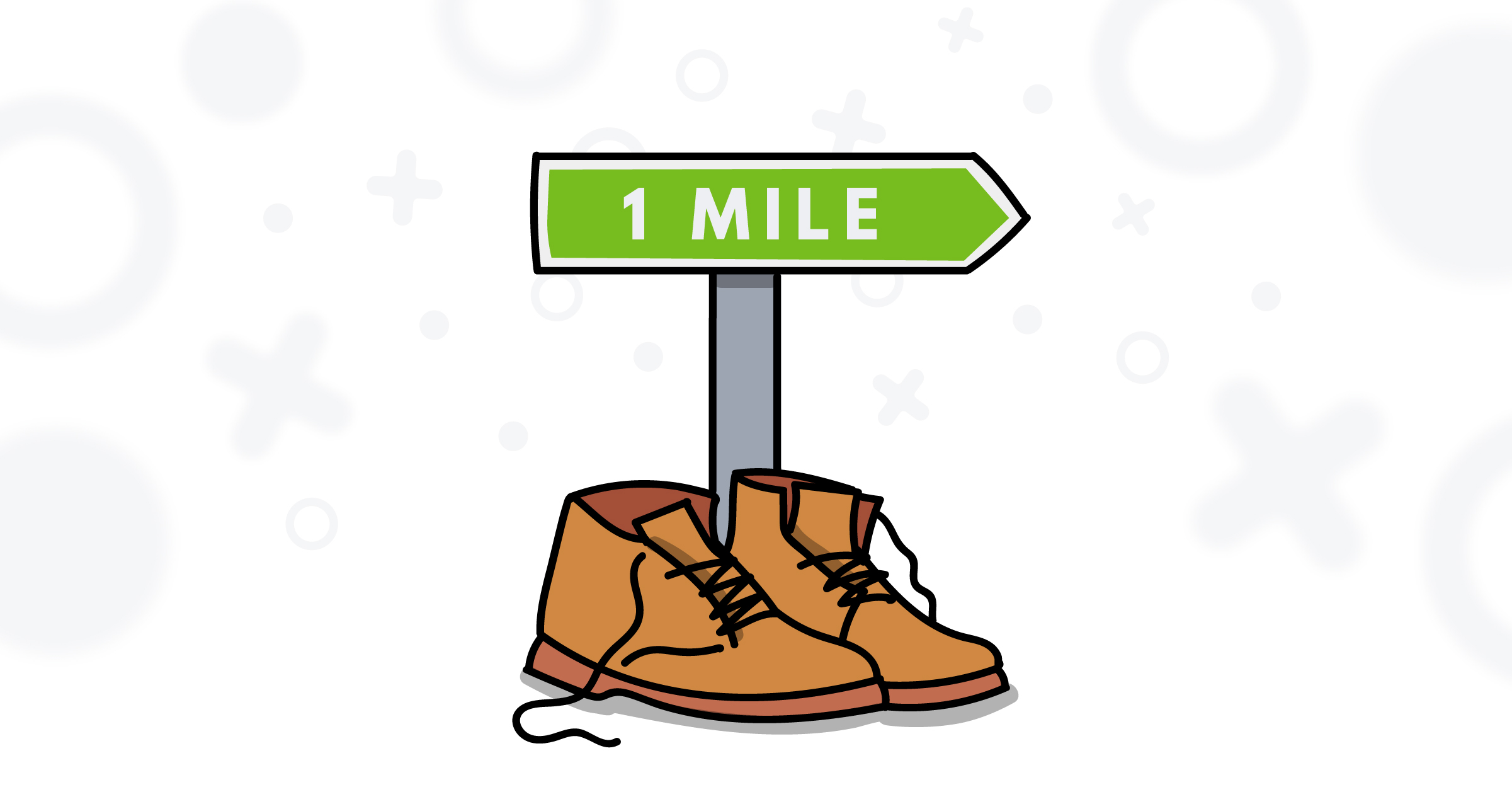
Why Pity is the Enemy of Behavior Change
If you work in behavior change and you feel sorry for the people you are trying to help, please stop.
Pity, as Canadian author Louise Penny notes in her novel The Cruelest Month, is the “near enemy” of compassion. “It looks like compassion, acts like compassion, but is actually the opposite of compassion. And as long as pity’s in place there’s no room for compassion.”
Pity is really about feeling superior. That poor woman. Those damaged kids. So many ACEs, they’ll never recover. It is the lifting of one’s psychological skirts and feeling a bit smug at having avoided the mud of the gutter.
Pity is a companion to another enemy of change: thinking people are stupid. Both lead to an assumption that if you could only transfer your superior knowledge and habits, you could get people to act more like you.
Here’s what my 9th grade Humanities teacher taught me about assumptions: they make an ass out of u and me. They also lead to failed interventions.
People have reasons for their behavior. If you want to help them change, you need to work to understand those reasons. Behavior change requires walking in others’ shoes so you can see the view from their perspective. How might the negative behavior be benefiting them? How is the physical and social environment around them contributing? What can you do to make a positive behavior easier and more rewarding to do?
People are incredibly resilient. If they wind up on the short end of life’s stick, they very likely could use some help. They probably need access to tools and resources, and may need support building grit and empowerment.
But they don’t need you to feel sorry for them. In fact, they’ll likely (understandably) resent you if you do.
In our work developing the brand and outreach for Behavioral Health System Baltimore’s CALL988 mental health helpline, we discovered early on in our research that local residents with lived experience hated the word “struggle.” They also disliked “issues.”
Both words imply weakness and invite pity.
What did they want instead? Offers of emotional support. Validation that negative emotional experiences are a part of life. A non-judgmental listening ear, and tips and resources for coping.
A recent Atlantic article quoted one of the 2,000 letters a month author Judy Blume received from pre-teen and teen readers for years. “I’m not trying to get pity,” an 11-year-old wrote. “What I want is someone to tell me, ‘You’ll live through this.’ I thought you could be that person.”
Change agents, let’s be that person.

Sara Isaac is Chief Strategist at Marketing for Change.

